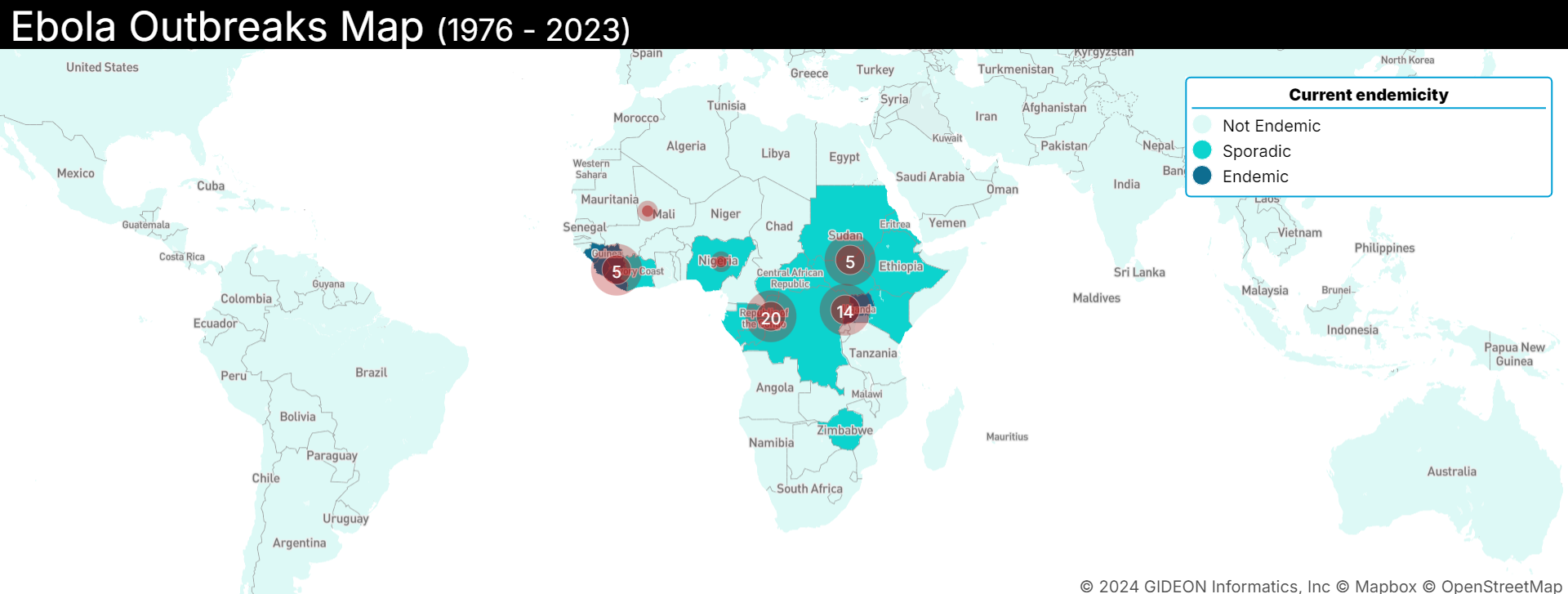Subacute sclerosing panencephalitis (SSPE) is a devastating rare disease triggered by the measles virus, a single-stranded RNA virus from the Paramyxoviridae family.
With no cure or effective treatment, SSPE has a high death rate. Sadly, it mostly affects young children and infants.
SSPE highlights the vital importance of vaccination. The measles vaccine doesn’t just prevent measles; it also protects against SSPE. This shows how valuable the measles vaccine is for long-term health and safety [7].
For pregnant women, this preventive measure is crucial to avoid complications like SSPE and reduce the risk of birth defects.
However, recent trends in vaccine hesitancy and declining rates of the MMR (measles, mumps, and rubella) vaccine have led to a concerning increase in measles cases among children.
This rise in measles infections has led to more SSPE cases. This shows the urgent need for strong vaccination efforts to prevent measles and its serious long-term effects, such as SSPE.
Incidence
The incidence of SSPE is estimated at 4-11 cases per 100,000 measles cases. However, the rate is higher after infant measles, about 1 in 5,555. Estimates show that it can be 1 in 3,000 for children under 5 and as high as 1 in 609 after infant measles [8].
SSPE does not spread from person to person.
Death rate
The prognosis for Subacute sclerosing panencephalitis (SSPE) is quite severe. Most individuals diagnosed with SSPE will pass away within one to three years. Additionally, in some cases, the disease progresses very quickly, leading to death within just three months of diagnosis [9].
Death is usually due to a high fever or heart or brain failure.
Endemic regions
SSPE is commonly found in regions with low measles vaccination rates, including parts of Africa, Asia, and some areas in Eastern Europe.
- United States: 4-5 cases of SSPE in a year [10].
- United Kingdom and Europe: When the United Kingdom experienced a low period of measles infections in the 1990s, there were no cases of SSPE in children under 16 for almost 15 years. However, a resurgence of measles across the European Union from 2016 to 2019 corresponded with the reporting of six pediatric SSPE cases between 2017 and 2019, highlighting the direct impact of measles outbreaks on SSPE incidence [8].
- Asia: Reports from India suggest a high incidence of SSPE at 21 per million cases [9].
Notable outbreaks
From 2016 to 2019, as a significant measles epidemic swept through Europe, 6 cases of pediatric subacute sclerosing panencephalitis were reported (between 2017 to 2019) [8].
These cases highlight the serious long-term consequences of measles outbreaks, particularly the risk of developing SSPE in children exposed to the virus at a young age.
Symptoms
SSPE is a progressive neurological disorder primarily affecting children and young adults, often leading to death within one to three years of diagnosis.
Symptoms typically manifest in individuals who have a measles infection at a very young age, usually before the age of two. The condition progressively impairs neurological functions, reflecting its severe impact on the brain.
Early signs of SSPE
- Mild memory loss and cognitive decline
- Behavioral changes, such as increased irritability
- Myoclonic jerks: motor issues, including uncontrollable jerking movements
- Seizures
- Potential blindness [12].
Advanced stages of SSPE
- Muscle stiffness and loss of ability to walk
- Progression to a comatose state and then a persistent vegetative state [12].
Death is typically due to fever, heart failure, or when the brain loses control over the nervous system [12].
Diagnosis
Diagnosis of SSPE involves evaluating clinical symptoms, measuring anti-measles antibody titers in cerebrospinal fluid or serum, and using EEG and neuroimaging results [13].
Treatment
Unfortunately, there is no cure for SSPE and no treatment. This makes it even more important for more people to get the measles vaccine and prevent getting an SSPE infection.
Ongoing clinical trials are crucial for the development of future treatments, offering hope for those affected by rare disorders like SSPE.
Prevention
SSPE prevention is best through timely measles vaccination for children and maintaining high vaccination coverage in the community.
The measles vaccine is typically a part of the MMR vaccine, which also protects against mumps and rubella (also known as German measles).
